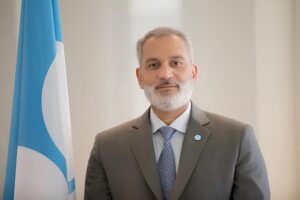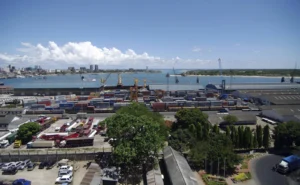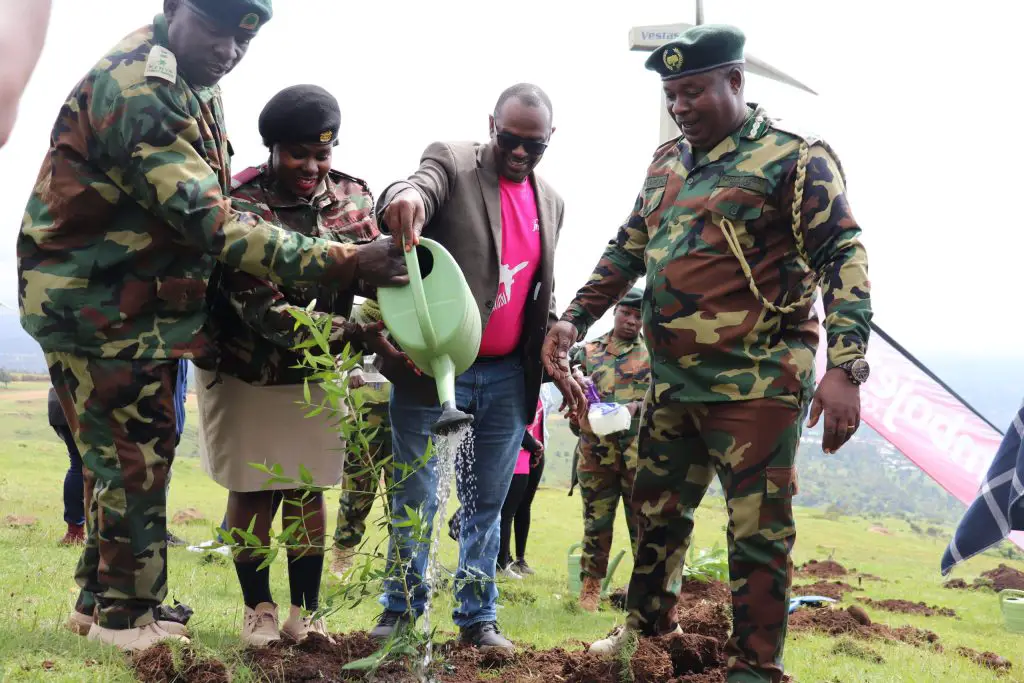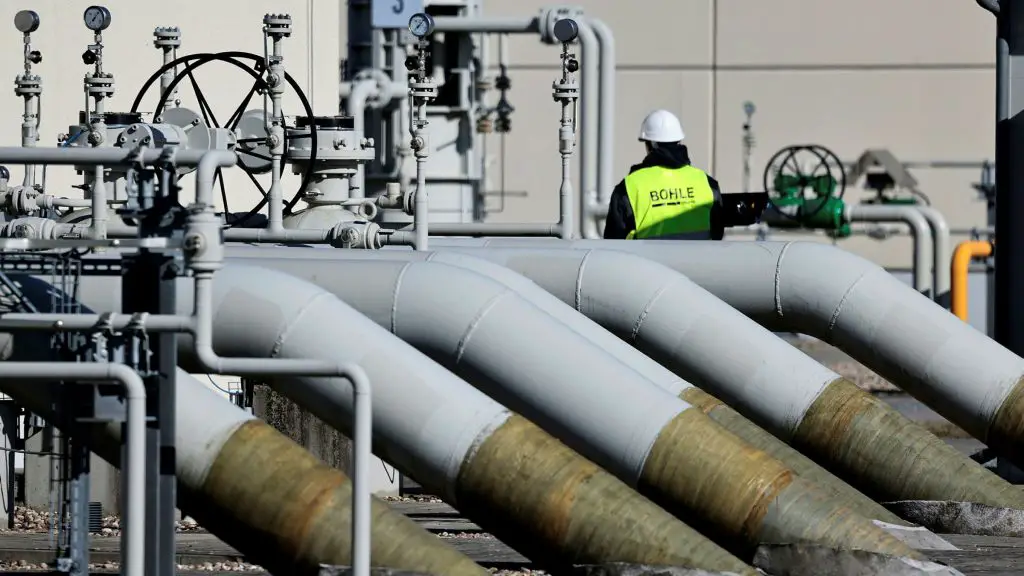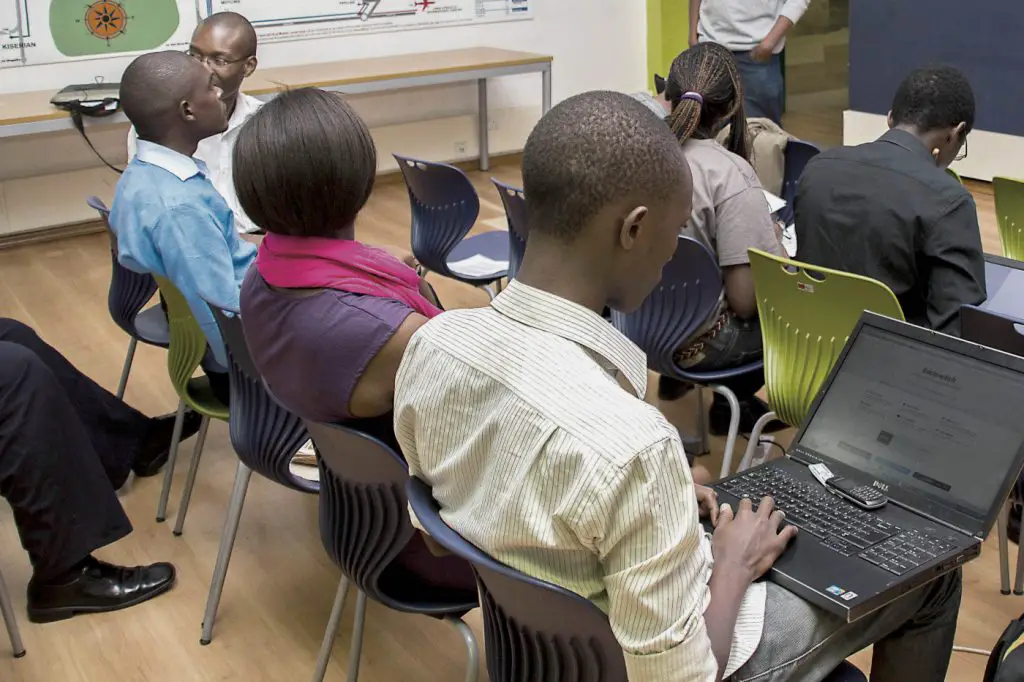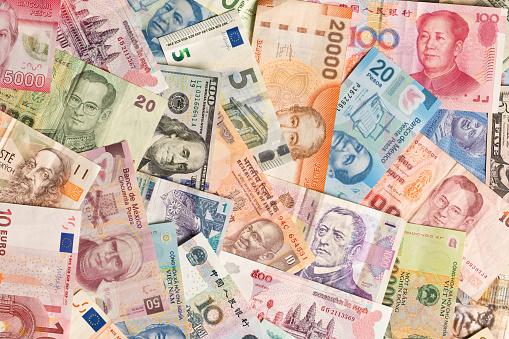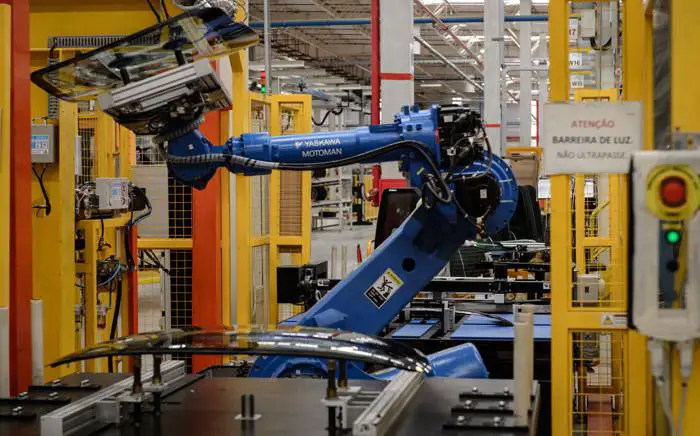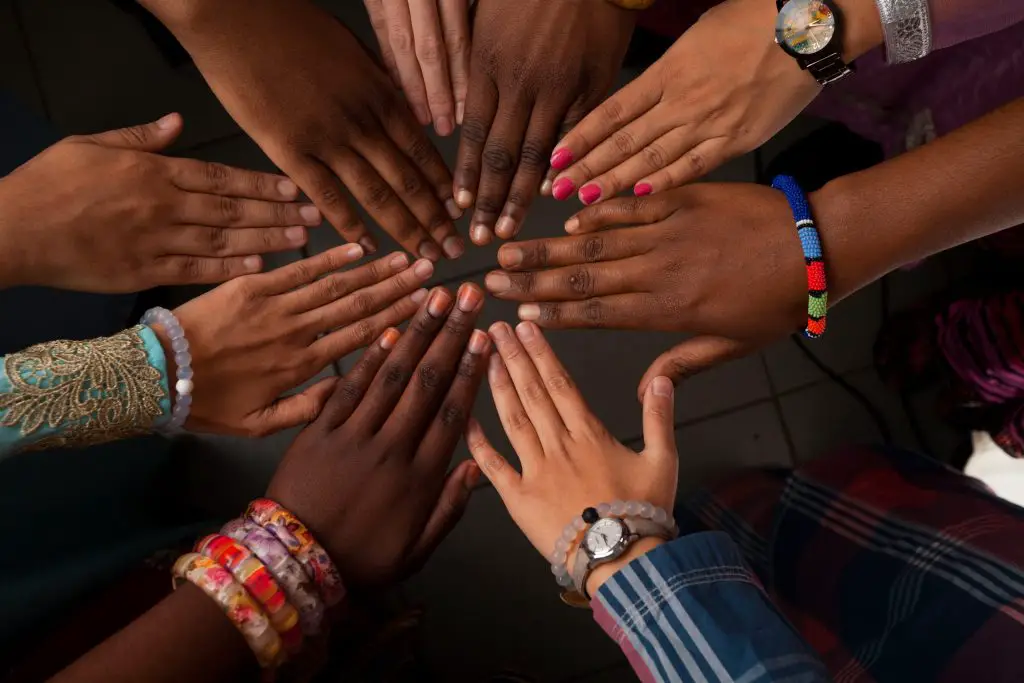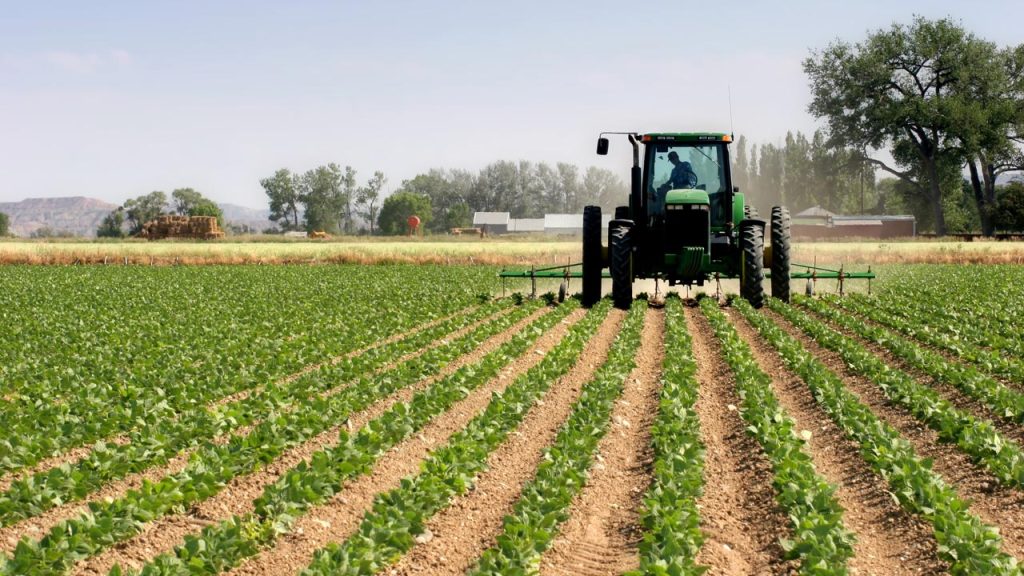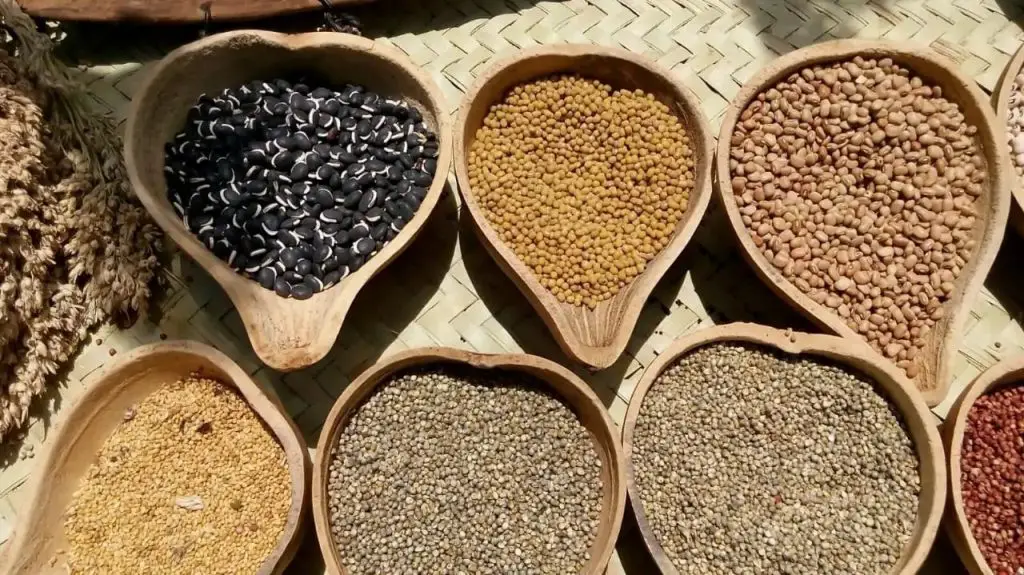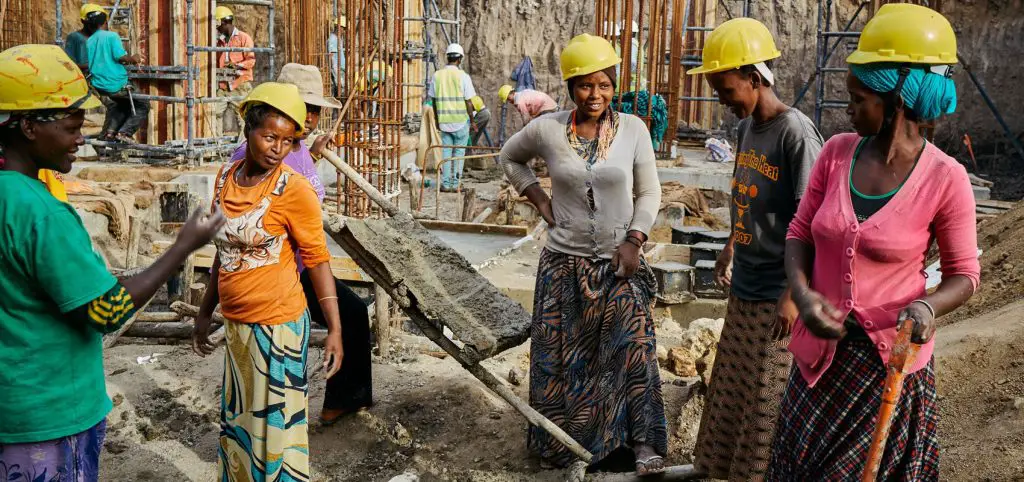- New $900,000 initiative aims to boost sustainable trade in Tanzania
- Organization of the Petroleum Exporting Countries’ (OPEC) pride in its African roots
- AIM Global Foundation pushes for stronger Gulf-Africa trade partnerships
- Investment opportunities in South Sudan’s emerging gold industry
- Family planning drive in Kenya gets 450,000 self-injectable contraceptive doses from UK
- AfDB commits $2 billion to revolutionise clean cooking in Africa, save forests
- The harsh realities of family laws for African women revealed
- Kenyan home buyers shift preferences, seek affordable housing despite market downturn
Browsing: Africa
Most Kenyans, 83 per cent, indicated a willingness to increase the amount of money they allocate to savings and investments, but the inability to save due to insufficient funds after fulfilling their obligations that require regular funding and the availability of quick digital loans.
Among their obligations which contribute to Kenyans’ financial strain is supporting their extended family which considerably bites into their savings. 84 per cent of people indicated that they regularly provide some income to their extended family, mostly in case of emergencies, because they feel a sense of obligation to send their extended families money and because their extended family members treat them better when they are sent money.
On their part, the extended family members mostly use the money to cater to recurring expenses like food & transport, school fees and medical expenses at 23 per cent, 19 per cent and 18 per cent respectively. Farm-related …
Most African natural gas and oil sources lie in sub-Saharan Africa, including Nigeria, which possesses around one-third of the continent’s reserves, and Tanzania, opportunities Germany should seize.
The proposed Trans-Saharan pipeline would transport gas from Nigeria to Algeria via Niger, traversing a vast, ungoverned area. The proposed pipeline, if built, will connect to the current Galsi, Medgaz, Maghreb-Europe, and Trans-Mediterranean pipelines, which supply Europe from transmission centres on Algeria’s Mediterranean coast.
The Trans-Saharan pipeline would be almost 2,500 miles long. It could send up to 30 billion cubic meters of Nigerian gas to Europe yearly, roughly two-thirds of Germany’s Russian imports in 2021. Unfortunately, the Trans-Saharan pipeline will likely take a decade or more to complete and will face several hurdles as it passes through war and insurgency-ridden areas.…
The African Development Bank (AfDB)’s Board of Directors has approved the establishment of the African Pharmaceutical Technology Foundation, a new ground-breaking institution that will significantly enhance Africa’s access to the technologies that underpin the manufacture of medicines, vaccines, and other pharmaceutical products.
Africa has great potential for drug discovery. The continent has natural resources, indigenous knowledge, and human capacity
AfDB Group President, Dr. Akinwumi Adesina said: “This is a great development for Africa. Africa must have a health defence system, which must include three major areas: revamping Africa’s pharmaceutical industry, building Africa’s vaccine manufacturing capacity, and building Africa’s quality healthcare infrastructure.”
The World Trade Organization and the World Health Organization, respectively, also welcomed and lauded the AfDB’s decision to establish the African Pharmaceutical Technology Foundation.…
In addition, governments have to make things better for businesses. Currently, tech start-ups have to pay a lot to comply with regulations that are sometimes not clear. These regulations differ in the 54 different African countries which makes it a lot of work for investors to scale faster across the continent.
To deal with this, leaders in the different African nations need to come up with a common, unified framework that makes it easy to expand into regional markets.
For things to work much better and faster, there is need to get more people to help each other since ecosystems that have more links are stronger and grow faster. African leaders should work on policies that can enable ecosystem players start a Pan-African tech start-up network to help tech start-ups grow and get better.
To address these challenges, African governments need to quickly create and implement a digital economic policy …
Despite these fundamentals, the Zimbabwe dollar has continued to slide against the United States dollar prompting the government to take drastic and unprecedented measures last month which culminated in the prohibition of bank lending (albeit temporarily), the prohibition of third-party international payments, the prohibition of third-party payments to stockbrokers and the introduction of taxes which can be viewed as punitive for investors on the Zimbabwe Stock Exchange.
Prior to these stringent measures, the monetary authorities had instituted a policy called willing buyer willing seller to try and narrow the gap between the official foreign currency exchange rate and the parallel market foreign currency exchange rate. This gap between the 2 exchange rates reached its peak in the first week of May 2022 at 153% according to a Zimbabwe publication called the Business Weekly.
The premium between the parallel market rate and the official rate has reduced somewhat to 60%. The …
The widespread adoption of information and communication technology (ICT) by manufacturing companies the world-over is driving competition and permanently disrupting the playing fields.
According to an article by Cision PRNewswire published on May 11, 2022, the competition for a strong manufacturing industry is a global one, and initiatives to promote and advance manufacturing from other governments include Germany’s “Industrie 4.0”, France’s “Industrie du Futur,” and China’s “Made in China 2025”.
Japan has planned Society 5.0 (Industry 4.0), targeting its economic and social challenges, such as an aging population, labor shortages, and weak growth through advanced technologies. Germany Industrie 4.0 Initiative aims to create an industry infrastructure fit for sustainable future manufacturing in the country.
Recently, African countries have made promising progress towards industrialization, exhibited in the continent’s strategic framework for leveraging the pan-African drive for achieving inclusive and sustainable development, Agenda 2063.
However, the continent has faced unprecedented disruption over …
Among the ways that the colonizers slowed down the growth and unity of Africa is through the demarcation of boundaries 60 years ago. These boundaries gave birth to over 41 different currencies on the continent that have complicated intra-African trade.
The continent uses over 5 billion dollars in currency conversion, monies that could have been directed to other economic development projects. African countries’ attempts to form a common regional currency have proven futile precisely because of all the frameworks of laws that need to be revised and harmonized in the different countries.…
- Agriculture employs a considerable proportion of the African population and contributes a sizable portion of the continent’s GDP
- In a study issued in February 2022, the Global Hunger Initiative stated that 45 million people in 43 African nations risked starvation
- Food availability has long been recognized as a crucial factor in achieving long-term economic success
“Economic growth is only sustainable if all nations have food security,” says Maximo Torero of the International Food Policy Research Institute (IFPRI). He states, “Without a country-owned and led food security policy, global, regional, and national economic growth would face challenges and additional expenses.”
Food availability has long been recognized as a crucial factor in achieving long-term economic success. Food is also seen as essential to the emotional and physical well-being of people in any community. As a result, any food-insecure society is likely to suffer major human capital issues and, as a result, growth …
Only a few Kenyans are aware of the entire extent of the law’s punitive nature, which has remained hidden from the public. The farming communities in Kenya who are aware of it are shocked that no public engagement was carried out prior to the adoption of this statute.
Greenpeace Africa’s Campaigner, Claire Nasike, says that the Kenya government has failed to do what it was supposed to do, which was to make laws to protect the ownership of native seeds, knowledge about these seeds and the intellectual property rights. The current laws on seeds support neo-colonialism and could make it easy for multinationals, big businesses, and other profit-driven organisations to steal local resources.
Kenya’s 2010 Constitution has made it clear that indigenous seeds, which are also called “informal seeds”, exist and need to be protected. This is done by requiring parliament to pass laws that protect the ownership of indigenous …
- African nation’s like Rwanda are investing in top-notch ICT systems
- Industrialization in Africa is yet a challenge being tackled by most economies
- Despite the pandemic hitting global economies several African nations stood strong
Follow the numbers they say, if one wants to understand how Africa can go beyond the typical growth trajectory that does not commensurate with its natural capital and human potential to attain economic freedom. Sustainable development is rather crucial for Africa to attain. On that note, efforts such as Africa Continental Free Trade Area (AfCTA) are a tool the region employs to breathe life into that ambition.
Numbers point towards an exciting viewpoint that questions whether Africa can sustain its economic growth without adopting the best available, sustainable economic systems.
The region has been keeping a good track record over the past years. For instance, Tanzania—has become one of the fastest-growing economies in Africa—ascending towards a low-middle-income …

